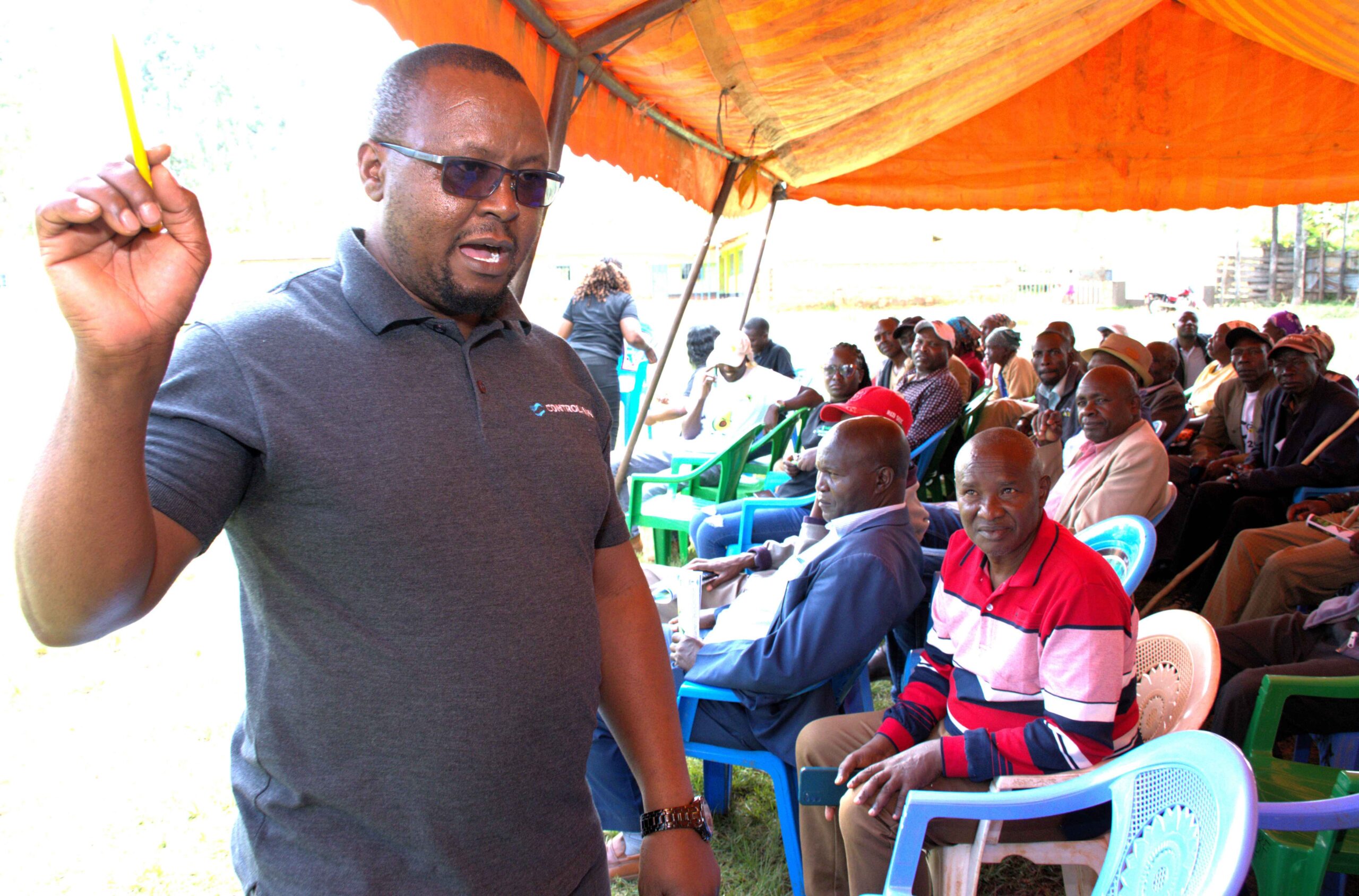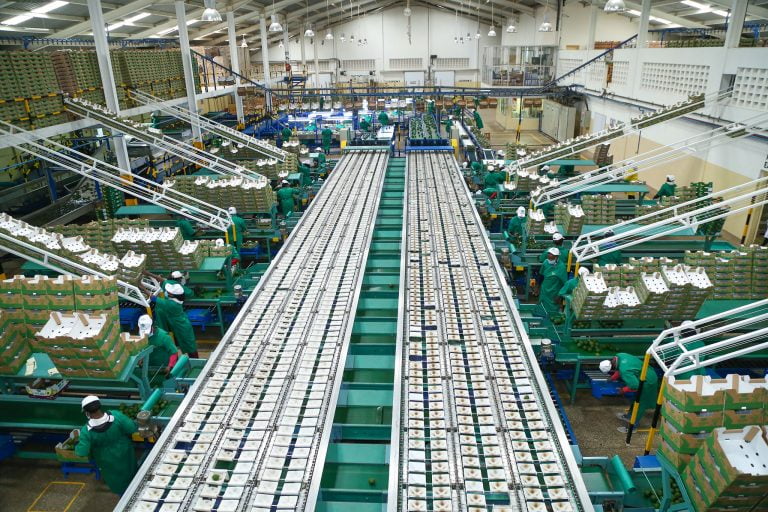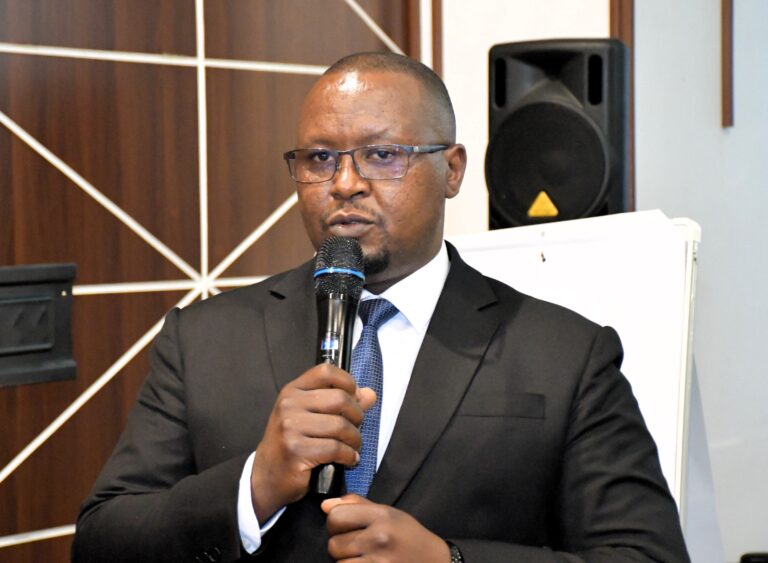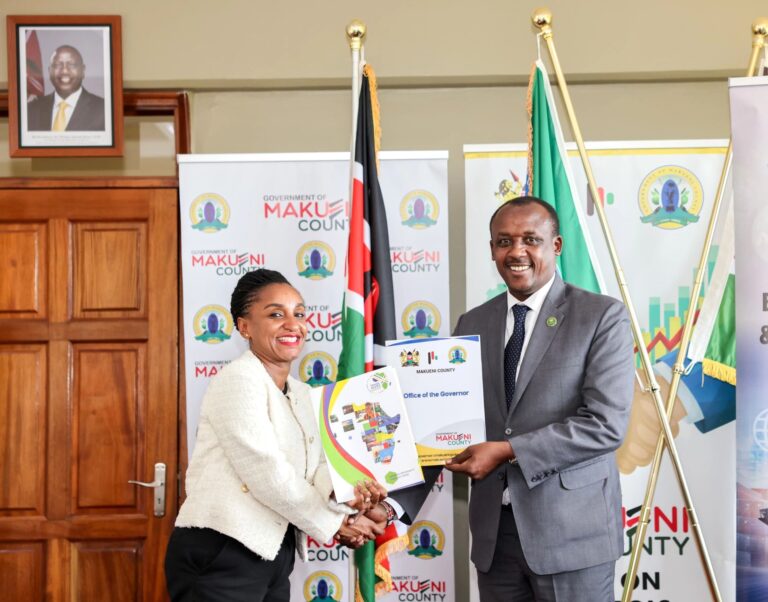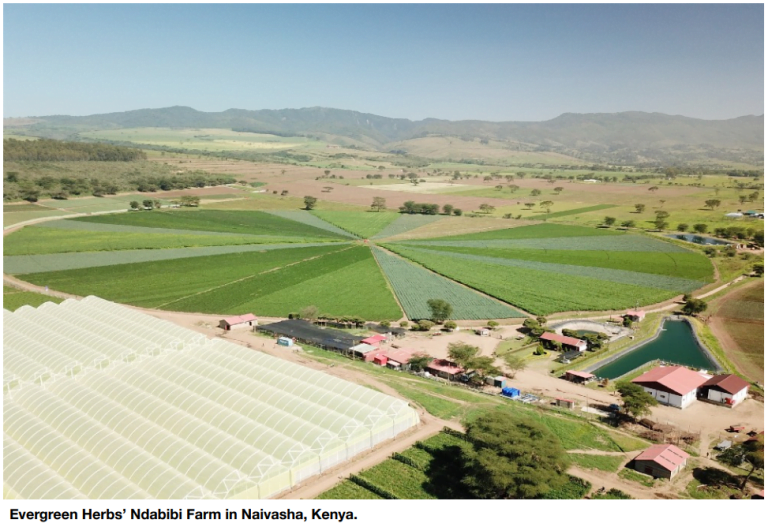By Kimuri Mwangi
Avocado farmers in Kisii County are poised to reap big from a new collaboration between Control Union Kenya and the Riaima Empowerment Centre for Sustainable Agriculture (RECSA), a partnership designed to equip smallholder farmers with the knowledge, certification, and direct market linkages necessary for sustainable and profitable avocado farming.
Speaking during a farmer sensitisation event at Borabu Bomachoge, Control Union Kenya Managing Director James Mureithi said the organisation’s “Control Union Mashinani” initiative was conceived to take certification and market compliance information directly to farmers at the grassroots level. “We are here in Kisii County today at Borabu Bomachoge. We are here to empower farmers in avocado farming, focusing so much on sustainable agriculture,” he said.
Mureithi explained that Control Union, a certification body with global operations and headquarters in the Netherlands, is instrumental in verifying whether farms, producers, and exporters comply with standards such as GlobalG.A.P., Organic and certification in regenerative agriculture, social programmes, and food safety. In Kenya, the organisation mainly focuses on the GlobalG.A.P. standard for fresh fruits and vegetables and the growing demand for organic certification.
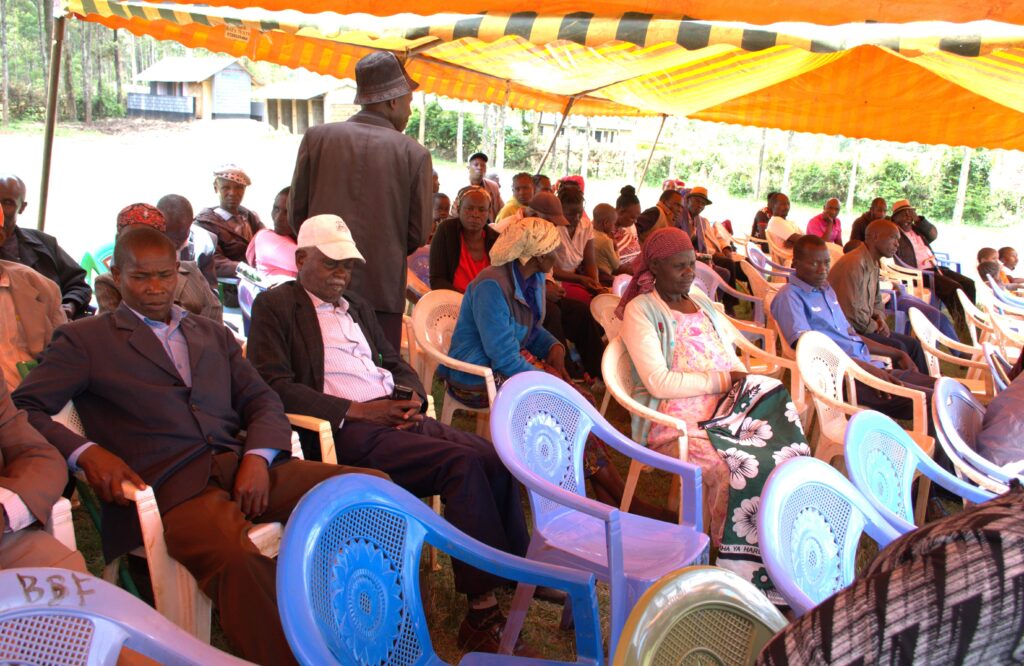
“As a certification body, we check if farms and producers are complying with market requirements. Once that is ascertained, they can get a certificate, and this certificate is what enables them to access the export market,” Mureithi said. He added that certification acts as a bridge to better markets, both locally and internationally.
“The benefit of certification is market access. When you get access to the market, there is a possibility of getting a better buyer who offers a better price compared to what middlemen are offering,” he said.
Through the Mashinani approach, Control Union aims to demystify the certification process and bring market knowledge closer to the people who need it most. “We have farmers who know that their products are harvested and sold in the export market, but they don’t know what happens between the time the product leaves their farms and when it reaches the market. So we are coming down here to inform farmers of the requirements,” Mureithi opined.
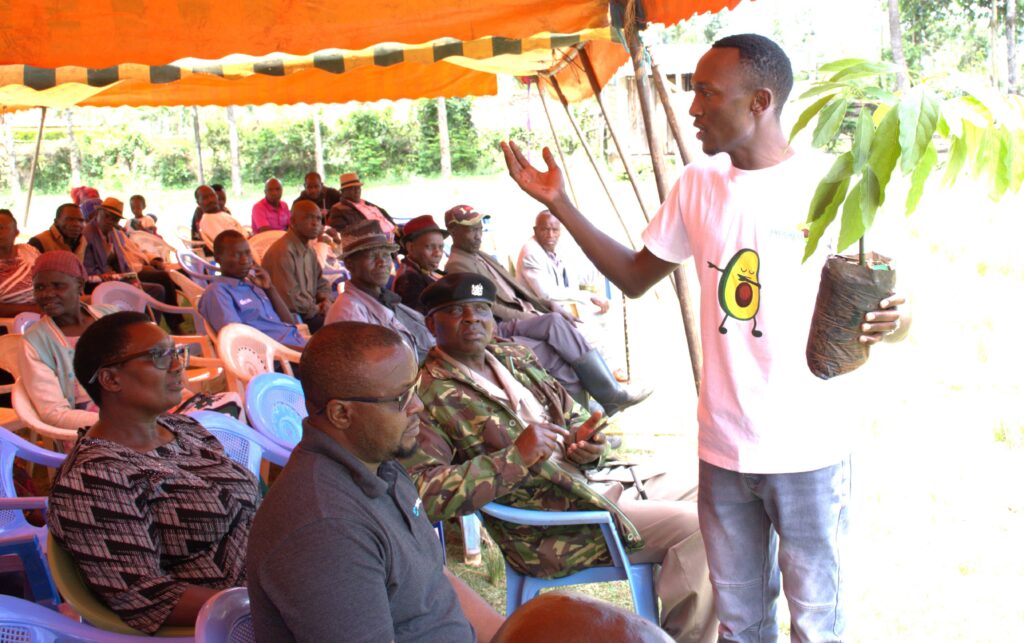
He highlighted that the initiative will help farmers in Kisii shift from traditional farming practices to modern, standard-compliant production. “Once these farmers are empowered, they can practise the requirements of the standard and through that, get buyers who offer them better prices and consistent markets,” he explained. He added that such empowerment will reduce reliance on middlemen and promote direct engagement with buyers.
Mureithi said the decision to focus on avocado was deliberate. “We chose avocado because this is the green gold of Kenya or Africa, and we know that the demand is increasing compared to other fruits. Avocado does well in this region of Kisii, like any other region in Kenya, and we have realised that farmers here have not fully embraced avocado farming.”
He called on both national and county governments to join forces with industry players to strengthen the avocado value chain. “Our farmers should have access to quality seeds and the knowledge required to sustainably produce avocado and other crops. The international market should also allocate resources and fair prices to the produce coming from Kisii and Africa at large,” Mureithi emphasised.
On his part, RECSA founder Evans Nyakoni said the partnership would bridge the skill gap among Kisii farmers and strengthen community organisation. “Kisii people have very fertile soil and reliable rainfall, but what lacks is the skill,” Nyakoni said. “RECSA will train the community and act as the focal point for linking farmers to foreign markets while helping them work in teams.”
Nyakoni said the centre would coordinate harvesting, aggregation, and delivery, enabling farmers to benefit from economies of scale. “When we have these people united, their agriculture will be meaningful because they will share resources, harvest together, and deliver produce to one point,” he explained.
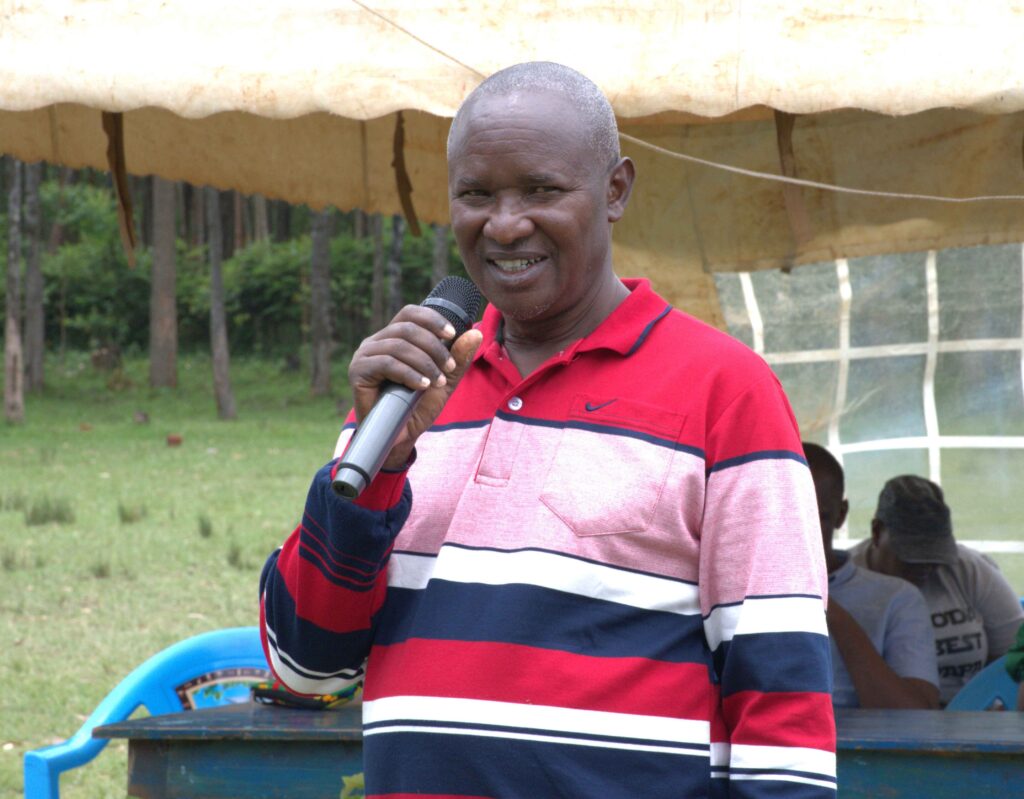
He added that RECSA will collaborate closely with Control Union to ensure all farms meet certification requirements. “We are the people who will ensure that Control Union, which is responsible for certifications, can inspect these farms and certify them. Without certifications, these products cannot be taken for export,” Nyakoni said.
He emphasised that certification also entails continuous monitoring of farming practices, particularly the use of pest control and input management. “They will inspect their farming to see whether they can comply with the requirements, whether they have used pesticides or followed the given instructions,” he said.
Nyakoni noted that through Control Union’s vast network, RECSA will connect local farmers with sources of tested and high-quality avocado seedlings. “This network has farmers who have already tasted fruits from quality seedlings. We can easily have these delivered to our farmers for planting,” he said.
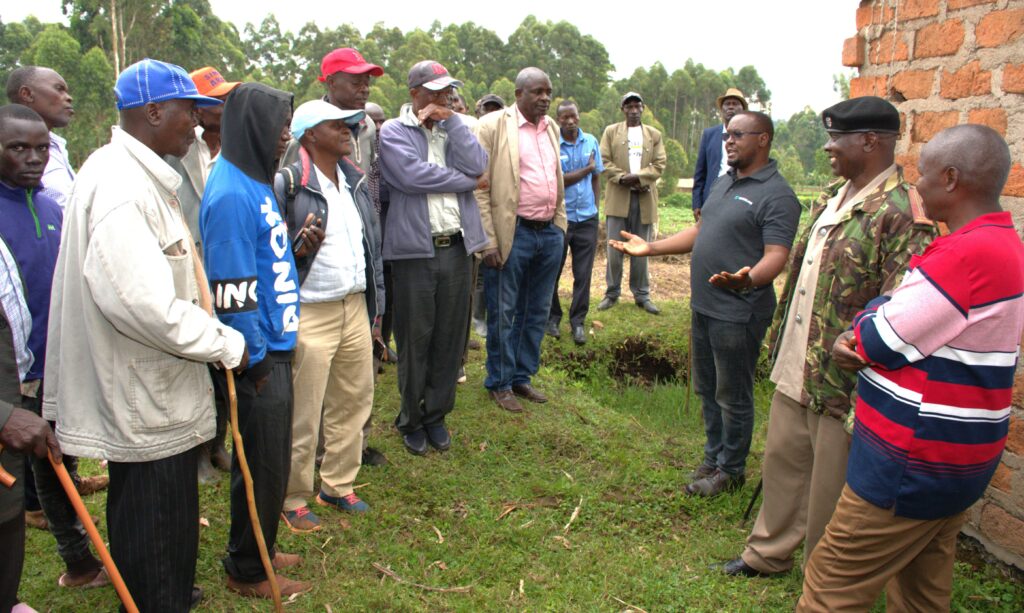
Among those already benefiting from the initiative is Joel Ong’angi, a farmer from Borabu Bomachoge, who has transitioned from maize to avocado farming. Ong’angi began planting avocados in 2023 and has since expanded to about 1,000 trees. “I planted about 800 trees and later added 200 to make them about 1,000 trees. Some have already flowered and are bearing fruit,” he said.
Ong’angi admitted that his decision initially faced resistance at home. “My wife could not accept it because she had been planting maize where I wanted to plant avocadoes,” he recalled. After seeing the profitability of the crop, his family eventually supported the shift. His motivation came from a friend who once stored avocados on his property and later earned KSh 440,000 in sales. “I was encouraged and started planting more,” he said.
Through Control Union’s recent training, Ong’angi learnt practical ways to improve his production and prepare for export standards. “I planted some trees too close together, so I’ll uproot a few to increase spacing for higher yields. I’ve also learnt to use manure instead of fertilizer,” he said, adding that he now intends to practise organic farming and construct terraces to manage soil erosion on his sloping land.
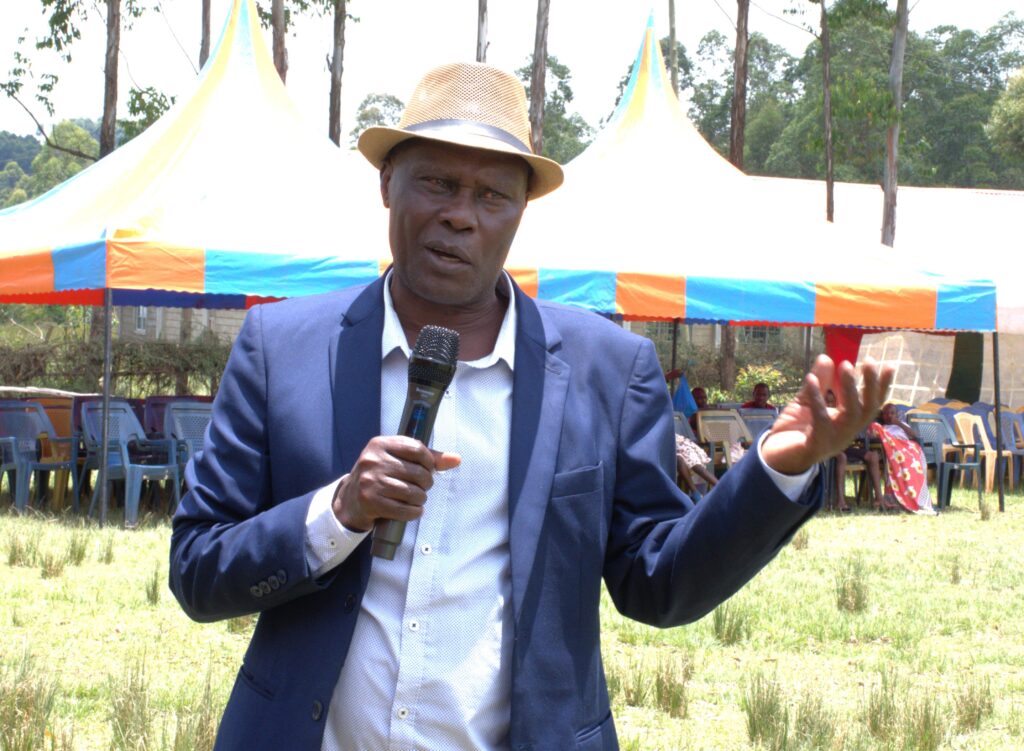
Ong’angi has become a local advocate for avocado farming, encouraging others to follow suit. “I’ve been going around encouraging people to plant avocados. About five have already started, and I’ll continue spreading the message beyond my area,” he said. His long-term plan is to increase his orchard to 2,000 trees and ensure each of his four sons inherits part of the farm. “That is the investment I want to leave for them,” he said.
With Kisii’s fertile soil, conducive climate, and the backing of Control Union and RECSA, local farmers are now better positioned to tap into lucrative export markets. The Mashinani initiative’s focus on training, certification, and market linkage promises not only to enhance incomes but also to promote sustainable and traceable avocado production, transforming smallholders into globally competitive producers.


